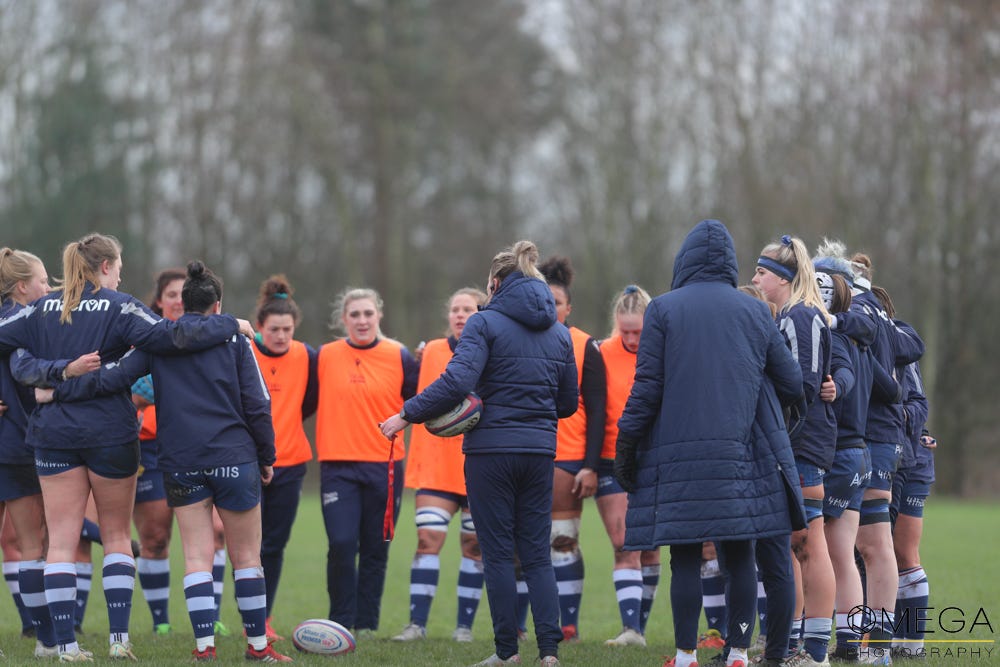Embrace the silence
A challenge to try for your next coaching session
The conversations I have with other coaches can help drive my own development and thinking. Fellow coaches are some of the best support network that you can have.
This week I’ve been chatting to Lucy Brown (check out her game published a few months ago) about silence within sessions. Knowing when to inject and when not is an important skill in coaching…and one that you’re not going to get right all the time.
I often try to have periods where I’m quiet(er) in training. This can allow player communication to come forward. It’s also important to acknowledge that giving positive feedback and praise during a game can help boost players’ self-confidence.
Being conscious of what your voice might add or take away is a key level of self-awareness.
Sometimes I might tell the players that I’m going to go silent for a specific time during an activity, other times the players might not be primed.
It’s not, yet, been part of the plan prior to training. I might think about what questions to ask the players or how I might frame an activity, but I’ve not yet planned any periods of silence.
Earlier this week, Lucy planned to go silent for a period of time during her session. We chatted about it afterwards. She mentioned that it felt odd but enjoyed how the players’ voices rose to fill the silence.
“They ramped up their chat. The players corrected each other” - Lucy
We spoke about how being silent might enable you to focus on other things. When I’ve been silent, I’ve concentrated on how players spoke to each other. I’ve also found myself more able to observe aspects related to the session objectives.
For Lucy, she found herself focusing on players’ decisions.
“It definitely as wasn't the norm and meant focussing in on other things rather than choice of verbal instruction. This included how the players corrected each other, the decisions they made to adapt and the interactions they had”
Using silence as a tool helps to be aware that your voice may add or take away from the session. I have a prompt that I think to myself: is what I’m going to add value for the players or am I speaking just so I can hear my own voice?
Being intentional with your voice helps players’ own voices rise and also means you have greater impact when you do speak.
“I'd do it again and find different things to focus on. Another good challenge would be only say something that would be relevant to the learning for the player, to be very intentional.” - Lucy
A coaching challenge for you?
A challenge for you is to find a portion of time at training when you are silent. See what you observe in yourself and the players.
Priming the players, telling them beforehand, might be something you choose to do. This depends on how your players might react to unprimed silence.
You could choose to inform the leadership group prior to the silence or the whole group. Explain the purposes why. It might also prompt some reflections on what the players say and how they add value with their communication.
Gather the players together afterwards too. Get them to share some feedback on the coach-silence and their thoughts. This is also an opportunity for you to share how you found the silence too.



